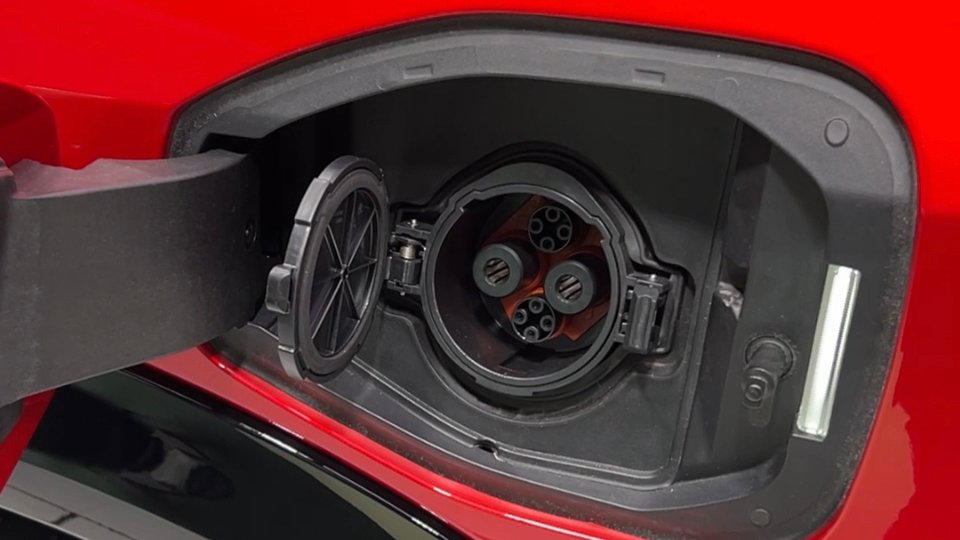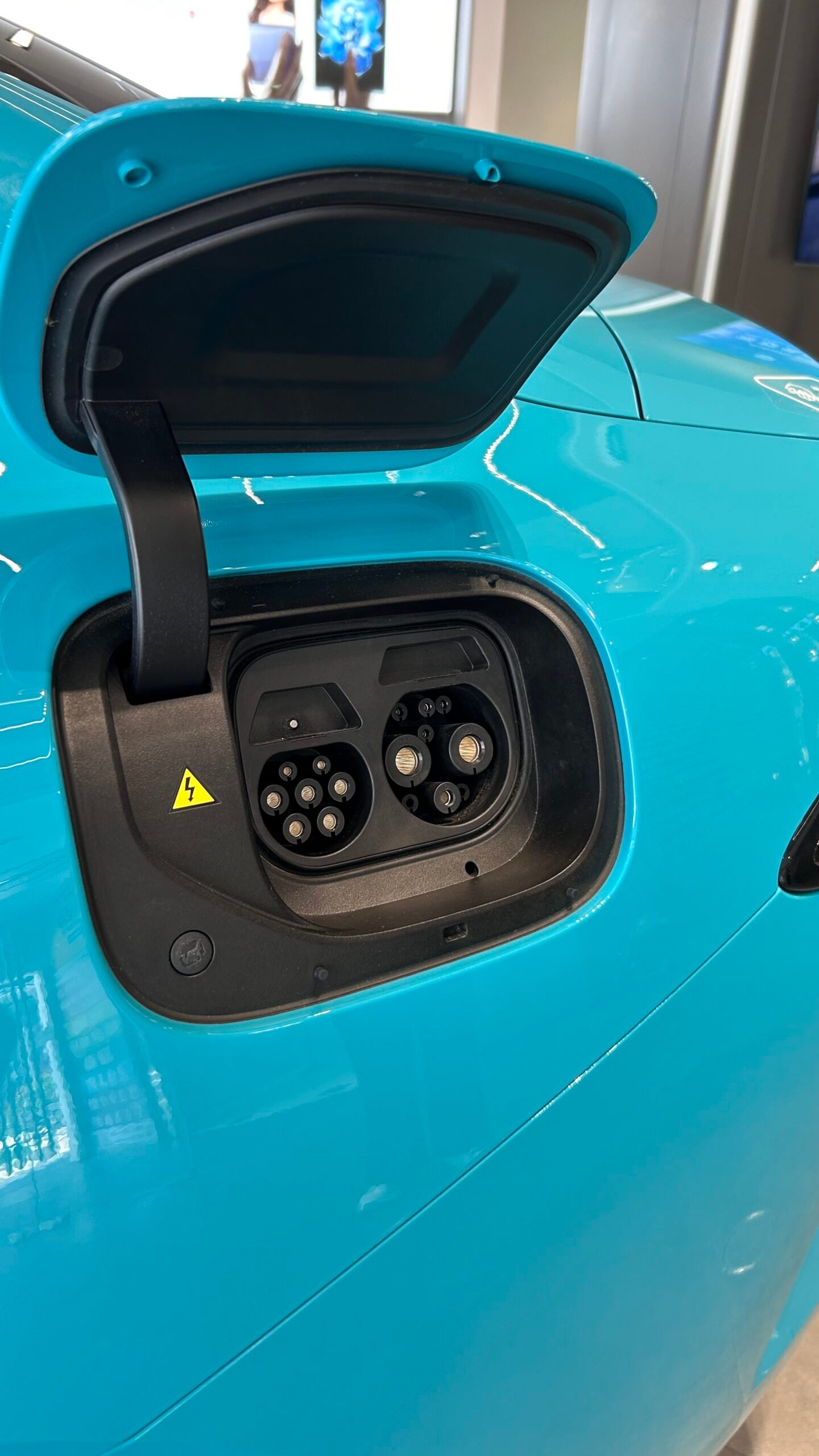Unfortunately, from today’s perspective, it no longer makes sense to continue developing, selling, or acquiring electric vehicles equipped with the Japanese CHAdeMO standard. While CHAdeMO was once a pioneering approach to EV charging, it is unlikely we will see its major resurgence on the world stage as ChaoJi in Japan, the People’s Republic of China, or elsewhere.
The European Union has established the Combined Charging System 2 (CCS-2) as its official EV charging standard, which is used worldwide except in North America, the People’s Republic of China, South Korea, and Japan. Had China adopted CCS-2 and North America not adapted its own variant, CCS-1, the Combined Charging System in general could have become the widely accepted successor to the CHAdeMO charging standard.
All former CCS-1 countries have decided to switch to the North American Charging Standard (NACS) and even the Toyota Motor Corporation has decided to switch to NACS (Oct. 19, 2023). Does this not even mean the automatic end of the CHAdeMO charging standard even in Japan?
But what will happen to the more than 1,000,000 CHAdeMO charge port-equipped vehicles worldwide (source: CHAdeMO Association, November 25, 2020) if CHAdeMO charging stations disappear in Europe, North America, or globally?
That’s an issue even the CHAdeMO Association seems unwilling to address. Reliable sources confirm, that since 2022 at least one specialist proposed an official cooperation request to develop a standardized and approved CCS-to-CHAdeMO adapter to secure future usability for CHAdeMO vehicles globally. However, he did not receive a positive response and ultimately abandoned the project idea. It seems there is little hope for continued DC charging support for CHAdeMO-equipped EVs within the next 3–8 years.
By 2024, we noticed various efforts from different interest groups aimed at preserving the charging capability of CHAdeMO-equipped EVs. These approaches, which we won’t handle in detail here, include:
- Heavy-duty external CCS-to-CHAdeMO adapters
- CHAdeMO-to-CCS conversions
- Adding additional CCS charge ports to vehicles originally equipped with CHAdeMO
Maybe it’s time for automotive OEMs, like the Nissan Motor Corporation, to take action themselves to develop and deploy plug and play NACS and CCS-2 conversation kits, as the most ever produced with a CHAdeMO-equipped cars were around 600,000 Nissan Leafs and 50,000 Nissan e-NV200 transporters.
This would have a positive site effect for companies like Nissan Motor Corporation, as it would strengthen their image for keeping these vehicles usable and could earn money on this. But maybe there is already a cheaper but more affordable variant of this approach available similarly, as Tesla added the CCS compatibility to European spec vehicles in the past.
The battle over EV charging standards is over. Now, it’s time to address the global challenges to ensure continued usability for those affected by the declining number of CHAdeMO charging stations worldwide. Let’s take a smart approach to enable worldwide EV charging cross compatibility (EVCCC).
At AO CONNECT FZC LLC we bring the expertise and experience to support and consult on projects that ensure a seamless transition to new EV charging standards or enable EV cross compatibility (EVCCC) with most existing charging standards.
For more information, please feel free to contact us:



